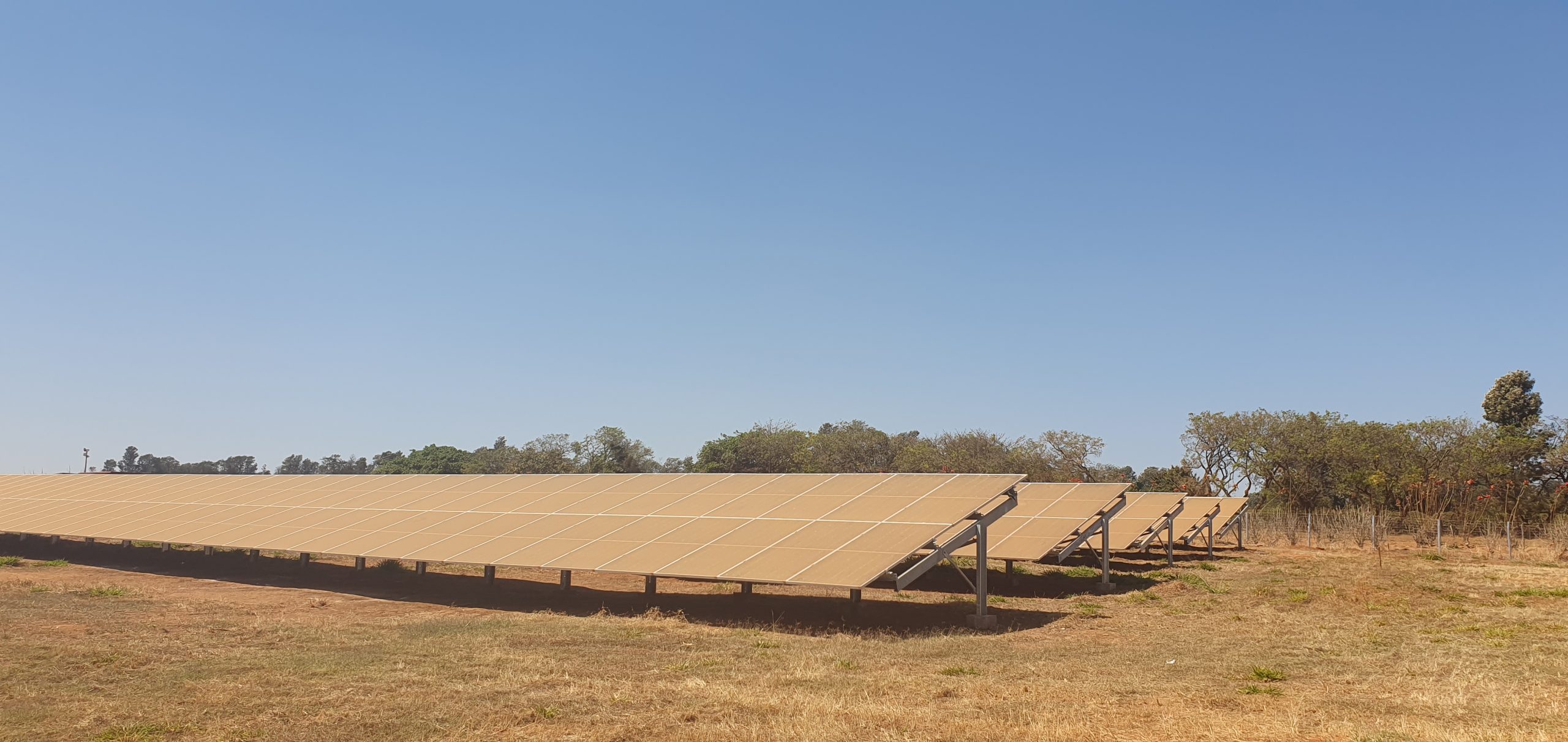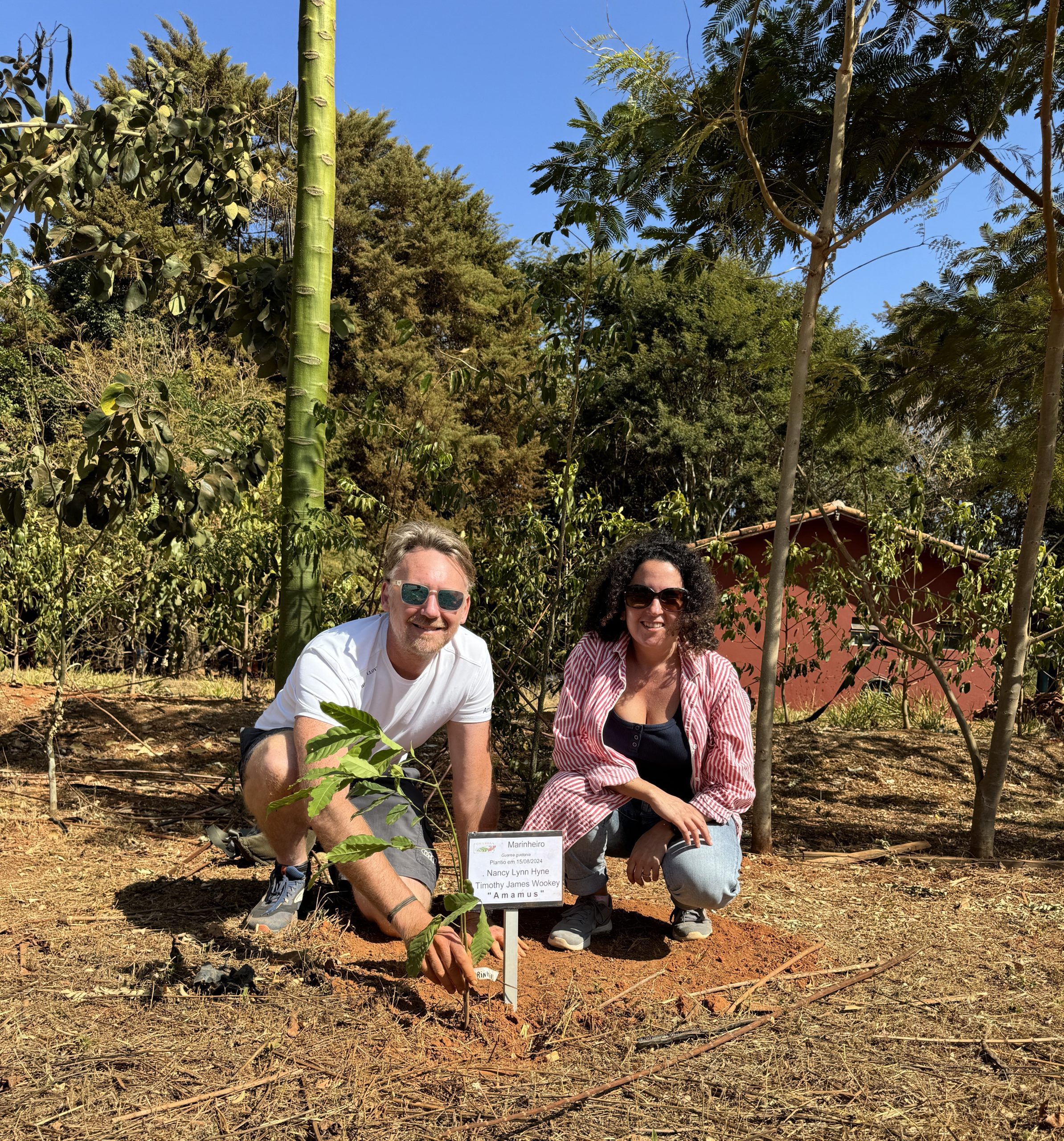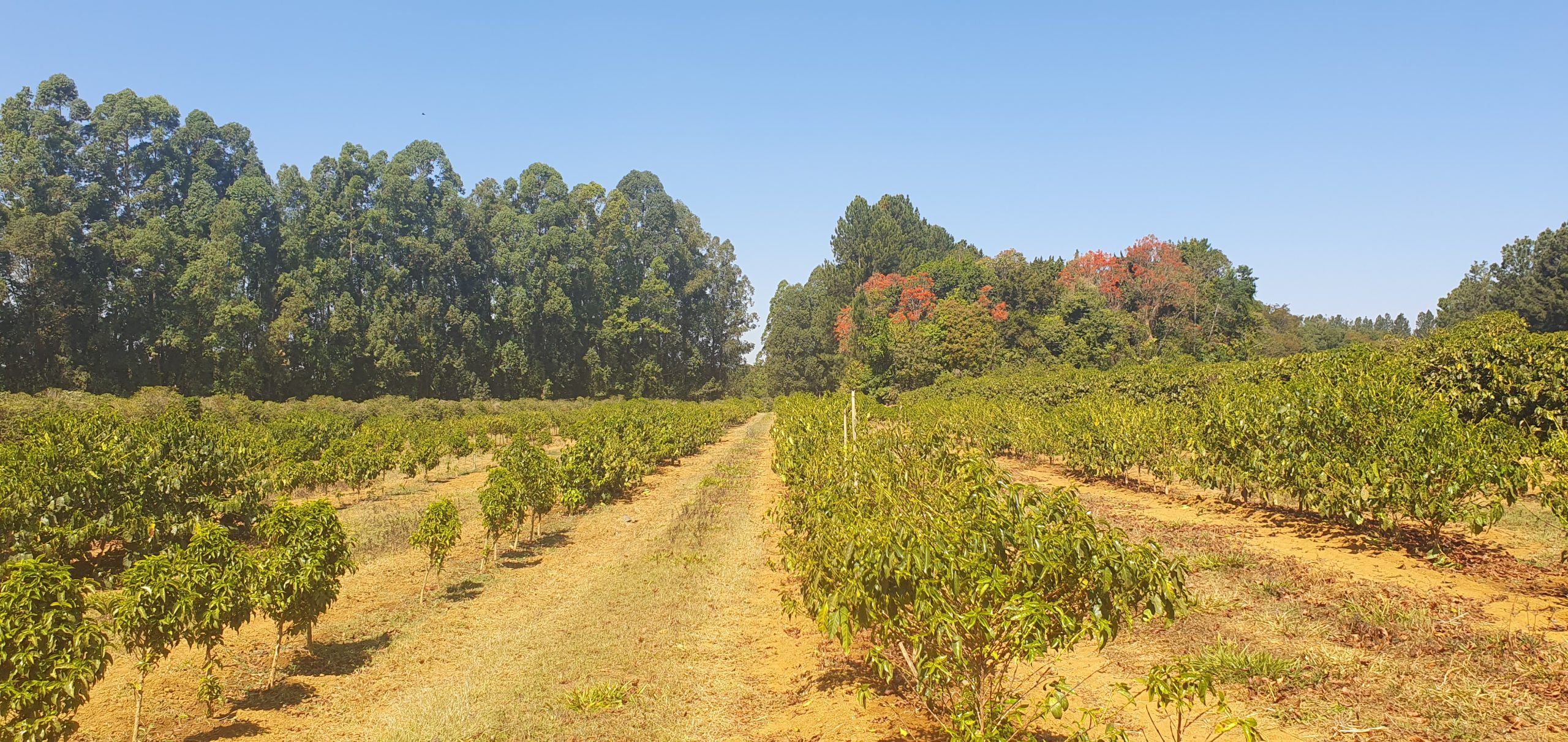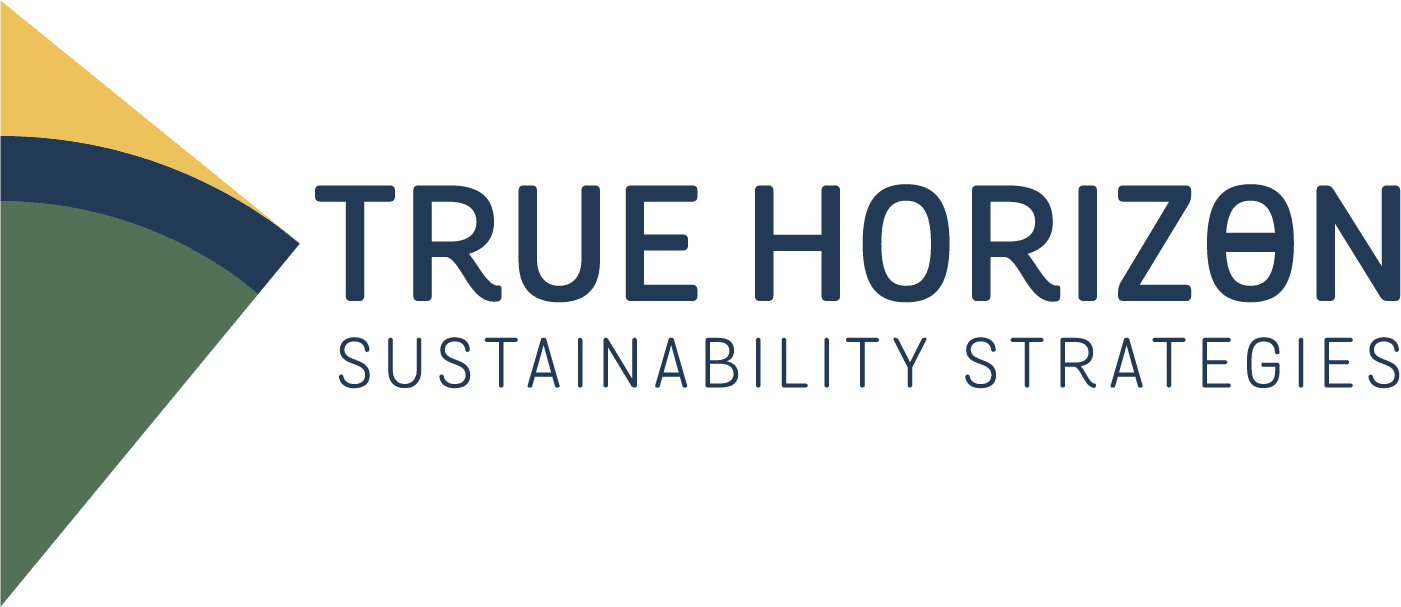AMAMUS COFFEE
HELPING AMAMUS COFFEE MAINTAIN ONGOING IMPROVEMENT AND EMBED THEIR SUSTAINABILITY STRATEGY POST B CORP CERTIFICATION
THE CHALLENGE
Amamus is a coffee brand with a difference. Supplying to companies who care.
“…. they exist to improve prosperity from the coffee farm to the coffee cup.”
True Horizon started working with Amamus not long after they certified as a B Corp. Although proud of their achievement, they weren’t sure what the “next steps” looked like.
Kicking off conversations with…
“How do we keep improving?
“How do we build the B Corp ethos into our wider strategy and make sure we score higher when B Corp recertification comes round?”
“How do create a strategy that can be managed efficiently by a small team?”
And most important of all – aligned to their reason for being,
“How do we build a community where everyone in the supply chain prospers, from coffee farmer to coffee drinker?”


TRUE HORIZON’S APPROACH
To build a meaningful, measurable, sustainable strategy we needed to do some deep diving.
Starting by uncovering the social and environmental risks in the work Amamus does.
Working with small businesses, I know they don’t always have the time or resource to build a framework of strategic pillars, so mapping back to the UN Sustainable Development Goals (UN SDGs) really helps in framing the focus.
Alongside UN SDG 8 – Decent Work and Economic Growth and 13 – Climate Action, Amamus recognised that UN SDG 17 – Partnerships for the Goal had the potential for significant impact. In both directions. Having meaningful partnerships with both the coffee growing community who plant, nurture and harvest the bean to the clients who buy, pour and drink it.
The goal for every partnership being direct positive impact.
Operating as a small business doesn’t mean your impact is small. The potential for positive impact is significant when you focus on partnerships and collaboration.
Collaborating with partners in Amamus’ supply chain, we identified 3 key areas to focus on:
- Fair wages and working conditions for coffee farmers
- Responsible farming practices to protect soil health and carbon sequestration
- Inclusivity on the farm, giving more women the opportunity to get involved in what tends to be a very male dominated industry
We developed Amamus’ strategy firm in the belief that true sustainability needs to address environmental as well as social issues. The two are inextricably linked.
THE IMPORTANCE OF COLLABORATION
Like many small businesses, a significant part of Amamus’ impact sits in their value chain. And particularly for a coffee company, it is the suppliers who play a huge part in that impact.
We needed to hear from suppliers first hand.
We developed and submitted questionnaires to Amamus’ suppliers a number who are also B Corps and share our commitment to social and environmental responsibility. As a B Corp, Amamus wanted to maximise their impact, but we needed to understand the challenges in the field and the significance of particular issues in the coffee industry. Did suppliers agree with the risks we had highlighted and how were they tackling them? Were there issues and challenges we weren’t accounting for?
And how could we help?
By conducting extensive research, engaging with suppliers and conducting interviews, we were able to highlight key challenges within the coffee industry that Amamus could then use their business to tackle.
Not only did we engage with Amamus’ suppliers, but we also reached out to key clients to understand their environmental and social priorities. We sent out questionnaires asking them to highlight the UN SDGs that were most relevant to them as a business.
Every one of them identified UN SDG 13, Climate Action as a priority so we knew this had to form a part of Amamus’ strategy.
We also shared the knowledge and stories we’d learned from the coffee growing communities, increasing awareness of everything that’s involved in delivering that tasty, impactful cup of coffee.
We found that Amamus’ clients were aligned with our core social and environmental values and were ready to help us make a positive impact.
This process helped us to confirm that, across their value chain, suppliers and clients wholeheartedly shared their values, connecting risk with the things that matter to us all.
People. Community. Planet. Coffee. And impact in action.
IN THE COFFEE FIELD
The next step was to connect on a deeper level. See the issues up close, talk to the growers, hear their frustrations and witness the impact of their initiatives in the field.
So in August 2024 Amamus’ Co-founder Tim Wookey and I went on a “origin” trip to Brazil. We visited Daterra, one of their Brazilian suppliers, to understand first-hand the environmental and social challenges coffee farmers face with constantly rising temperatures, lack of rainfall, soil degradation, farmers living and work conditions, fair pay, social inequality, gender bias.
By including me on the trip, Tim could focus on the elements he wanted to review for his business and clients, safe in the knowledge that I was on top of investigating Daterra’s social and environmental commitments.
The odd Zoom will only get you so far. The real value comes from meeting face to face. Shaking hands, looking someone in the eye, listening to them as they take you on a tour of their coffee farm, seeing them brimming with pride at the work they’re doing and the positive impact they’re having on the lives of farmers,their families and their communities. These in-person meetings are crucial in building trust and cementing supplier relations.
Daterra, meaning of the Earth, is located in the Cerrado region of Brazil. They were the first coffee farm in the world to become B Corp certified and the first farm in Brazil to achieve Rainforest Alliance certification. They are proud to be carbon negative not through purchased offsets, but by purposefully planning how they use and protect their land alongside their coffee operations. All the carbon they emit is sequestered from the coffee trees and native plants, which they dedicate 50% of their farm to growing.
The depth of understanding we’ve gleaned from being on the ground has been invaluable.
Reinforcing the fact that maximising social and environmental efforts in the coffee industry is a collaborative effort. We are not working in silos. We are all connected.
By working together we have a better understanding of their challenges with the land – by 2050, 50% of coffee growing land will no longer be suitable, thanks to climate change.
But coffee growers like Daterra Coffee, are going above and beyond to tackle the impacts of climate change. From installing a solar energy farm which runs most of their activities and machinery, (the equivalent to powering around 120 households), to building on site reservoirs to collect and reuse water, cooking meals for farmers on-site, providing “pods” for them to take breaks in the shade and funding a foundation focused on education for local communities for the last 30 years.
Our trip to Brazil culminated in us being gifted the opportunity to plant a tree. Symbolic of our roots in Daterra. Such a lovely gesture and one that will always connect me, on a personal level, to the earth and the people of the Cerrado region.
A connection we never would have felt online.



THE OUTCOME
Together, we have developed a strategy for Amamus that is tailored to their values and mission and embedded in everyday business decisions. An approach that is designed to be flexible, adaptable and promotes ongoing improvement. A collaborative, unified approach that works to maximise positive social and environmental impact from farm to cup.
If you need support to develop your business impact strategy, check out True Horizon’s Sustainability Roadmap Programme.
Nancy has added incredible value to team Amamus. Her primary role is to develop and monitor strategies for improving our B Corp score year on year as this is our primary framework for improving our social and environmental impact. In 2023, we had our B Corp re-certification (which she managed end to end) and our score increased from 83 points to 96 points; driven by her support, advice and guidance.
Nancy set up and implemented various systems for tracking our carbon and other areas of impact that feeds out of our Management Reports and recently led on a project to align our coffee impact with the United Nations Sustainable Development Goals. This was a pioneering analysis-driven project that involved extensive liaison with our green coffee sourcing partners. The outcome helps our clients choose their coffee based on impact, rather than just country of origin or taste profile.
Tim Wookey, Co-Founder (Amamus)
GET IN TOUCH
nlhEnvironmental T/A True Horizon | Company Registered Number: 11294461 | Registered in England & Wales
